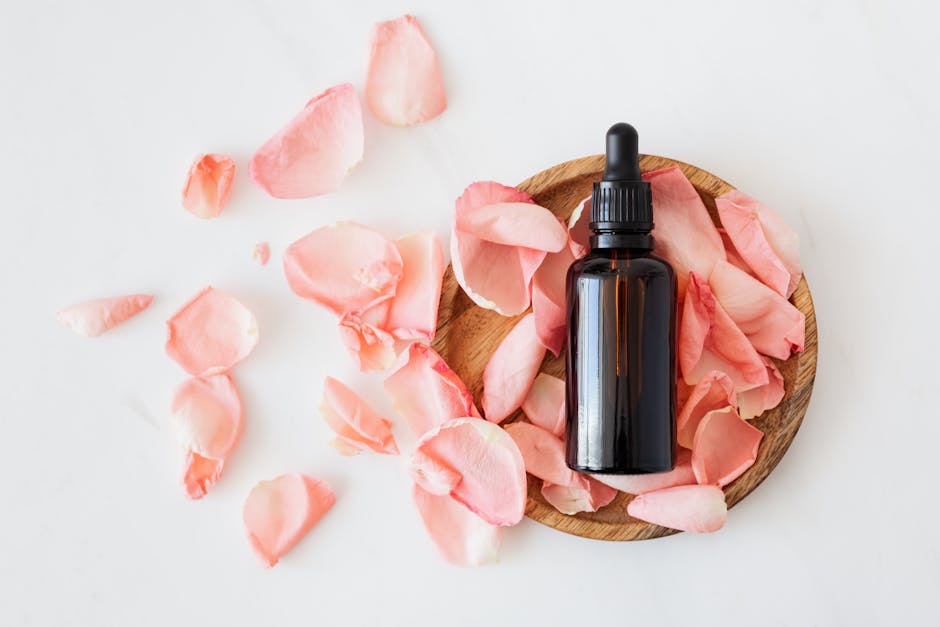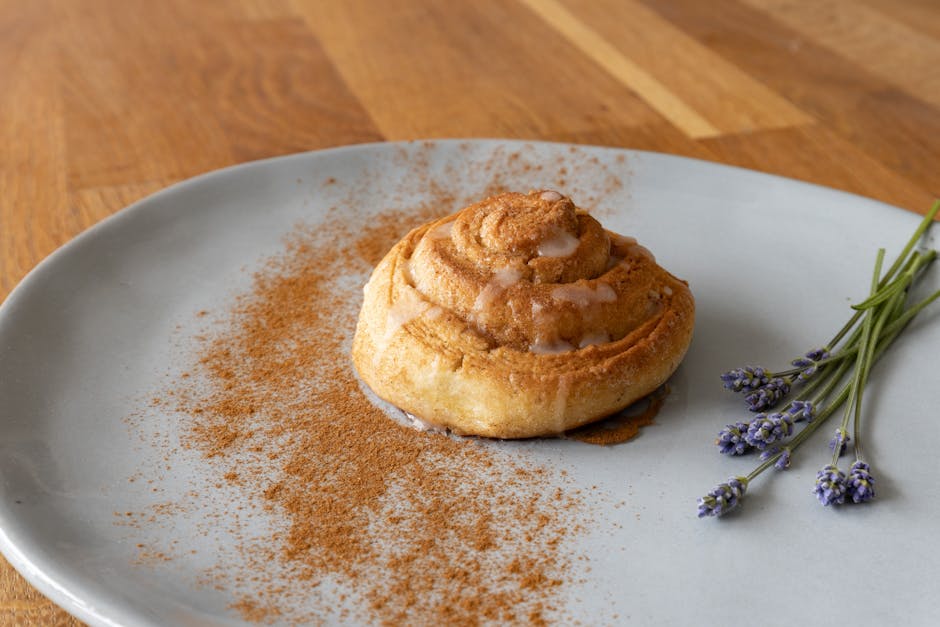The Soca Aromateraphy Blog
The latest articles, tips, and insights from Soca Aromateraphy.

Hem Hemorrhoid Relief: Unlocking the Aromatherapy Secret Your Doctor Won't Tell You
Hemorrhoids: a painful, embarrassing, and surprisingly common problem. While conventional treatments exist, many find them ineffective or overly harsh. But what if a simple, natural approach could offer significant relief? This article delves into the often-unspoken power of aromatherapy for hemorrhoid management, exploring the science and practical application of specific essential oils to soothe inflammation and reduce discomfort.
Read Article →
Lavender's Secret Language: Unlocking the Unexpected Emotional Benefits Through Scent
We all know lavender is relaxing, but what if I told you different lavender scents could unlock specific emotional responses? Beyond simple tranquility, certain lavender varieties speak directly to our inner worlds, subtly influencing feelings of confidence, focus, or even creative inspiration. This isn't about fluffy aromatherapy – it's about understanding the hidden emotional language of lavender.
Read Article →
Jasmine's Secret Weapon: Unlocking the Unexpected Power of Scent in Your Life
We all know jasmine smells divine, but its effects go far beyond a pleasant fragrance. New research is uncovering the profound ways this captivating aroma subtly shapes our emotions and behaviors, impacting everything from our creative flow to the quality of our connections. Prepare to discover the hidden power of jasmine's scent and how it can unlock unexpected benefits in your life.
Read Article →